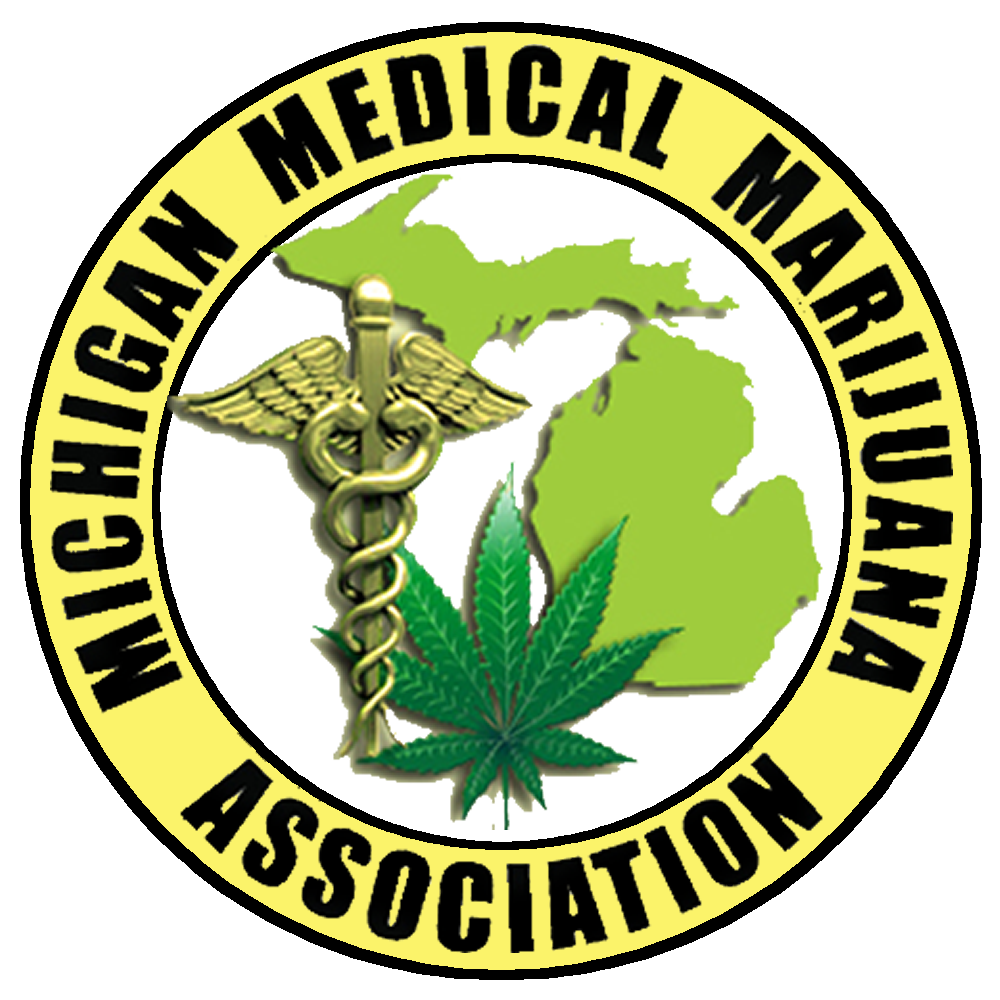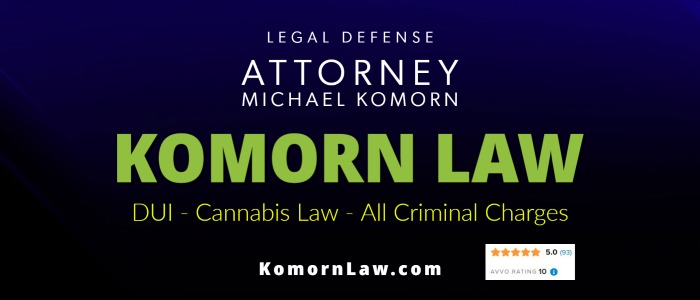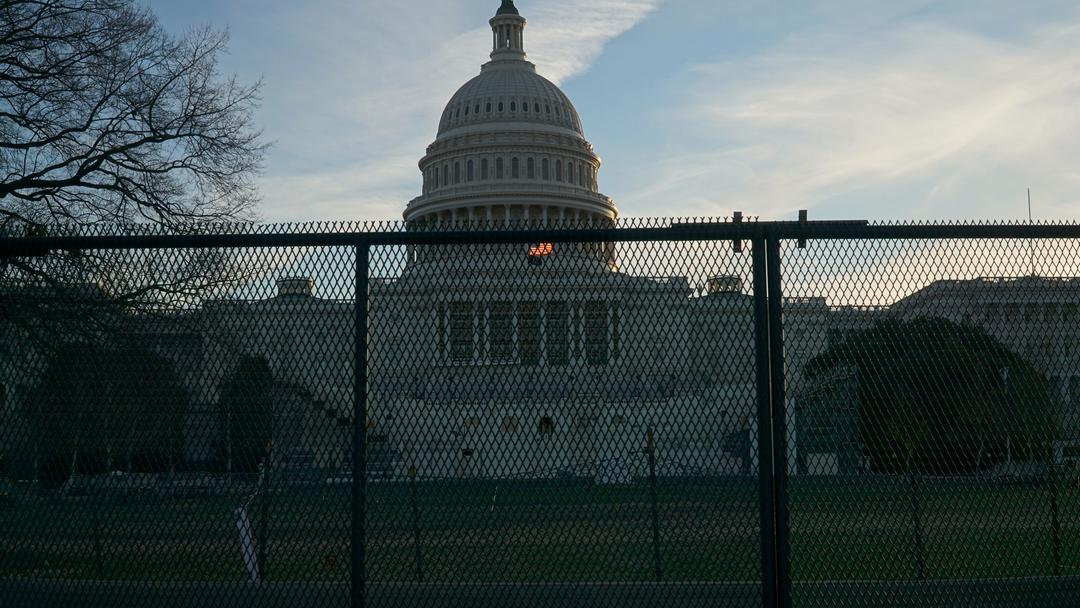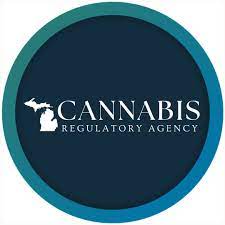Federal law generally prohibits the production, distribution, and possession of marijuana for both medical and recreational purposes. Nonetheless, in recent years, many states have repealed state law criminal prohibitions on some marijuana-related activities, and medical and recreational cannabis businesses now
operate openly in some parts of the United States.
In response to the growing disparity between state and federal law, Congress has enacted appropriations legislation prohibiting the Department of Justice (DOJ) from expending appropriated funds to prevent states from implementing their own medical marijuana laws.
Federal courts have interpreted the appropriations rider to prohibit DOJ from bringing criminal drug prosecutions against certain private individuals and entities involved in the state-legal medical marijuana industry, but they have differed as to the scope of conduct the rider shields from prosecution.
This Legal Sidebar first outlines the legal status of marijuana under federal and state law. It then discusses the medical marijuana appropriations rider and analyzes how federal courts have interpreted the provision. The Sidebar closes with key considerations for Congress related to the appropriations rider and
the disparity between federal and state marijuana policy more generally.
Federal and State Marijuana Regulation
In recent years, a significant divide has developed between federal and state marijuana law. On the federal side, the Controlled Substances Act (CSA) imposes tringent regulations on the cannabis plant and many of its derivatives. Unless an exception applies, the CSA classifies cannabis and its derivatives as “marihuana.” (The statute uses an archaic spelling; this Sidebar uses the more common spelling, “marijuana.”) Congress classified marijuana as a Schedule I controlled substance when it enacted the CSA, reflecting a legislative determination that the substance has a high potential for abuse, no currently accepted medical use, and “a lack of accepted safety for use … under medical supervision.” Because Congress has made that determination, Schedule I substances may not be dispensed by prescription in compliance with federal law. In contrast, controlled substances in Schedules II through V have accepted medical uses and pose progressively lower risks of abuse and dependence. Unlike substances in Schedule I, those substances may be dispensed by prescription for medical purposes.
Congressional Research Service
https://crsreports.congress.gov
LSB10694
THINKING ABOUT GETTING INTO THE CANNABIS BUSINESS?
Cannabis Law and Business Focused (Past – Present – Future) – Find Out Why by Visiting KomornLaw.com
Congressional Research Service 2 thru 5
There’s more to this revelation – read the rest here —> Document
The Michigan Medical Marijuana Association (MMMA)
Public forums for guests and members of the Michigan Medical Marijuana Association.
This is an open forum related to a variety of topics from legal issues to growing for medical use to strains and more.
LEGAL ADVISORY – Rules, Regulations and laws may have changed after this information was posted. It is up to the reader to research and determine the current status of those items. It is always best to consult an attorney that has experience and is focused on the cannabis industry. One of the most well respected law firms in the industry for over 25 years is Komorn Law
Other Posts
- Taxes and School Policy in New State BudgetShares
- Michigan lawmakers looking to revive “junk science” roadside drug testingShares
- No Sheet SherlockShares
- You likely won’t be told if your weed failed mold test.Shares
- We Know What You Did – Last Time We LookedShares
Tags
2020 2021 Adult Recreational Use Adult Use breathalyzer cannabis Cannabis Regulatory Agency Caregivers coronavirus CRA Driving drugged driving DUI Education educational Event Federal Hemp Lab Scandal LARA LARA-BMR Laws legalization Marijuana medical marijuana michigan Michigan Laws Michigan Legislature Michigan News MMFLA MMMA MRA MSP News Ohio Patients Recreational science taxes Traffic Laws USA USA News Viridis Labs world news Your Rights









